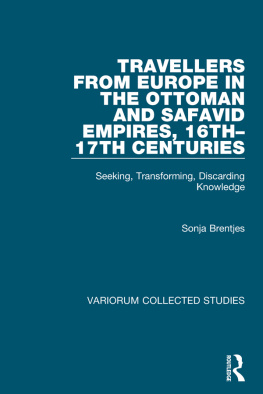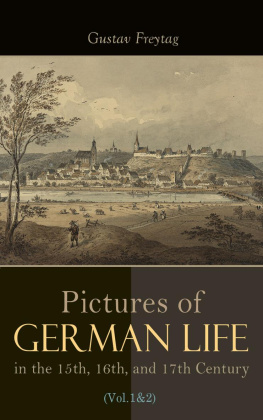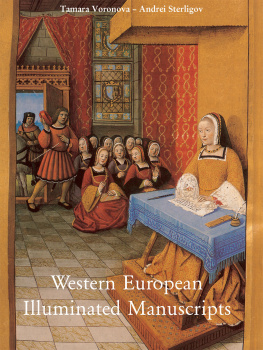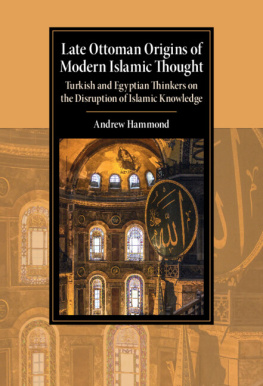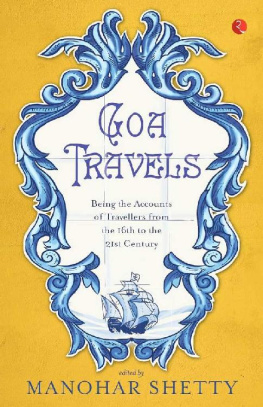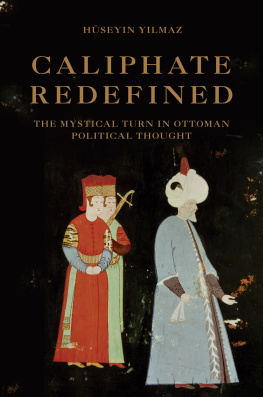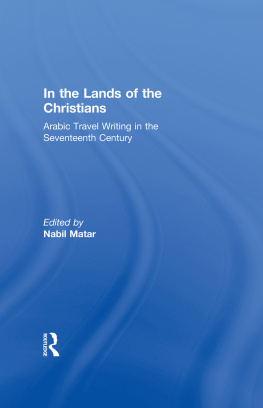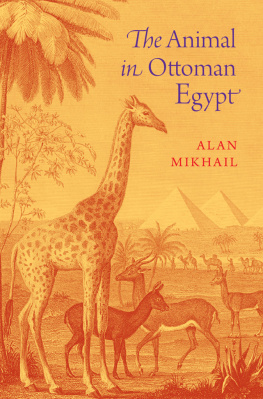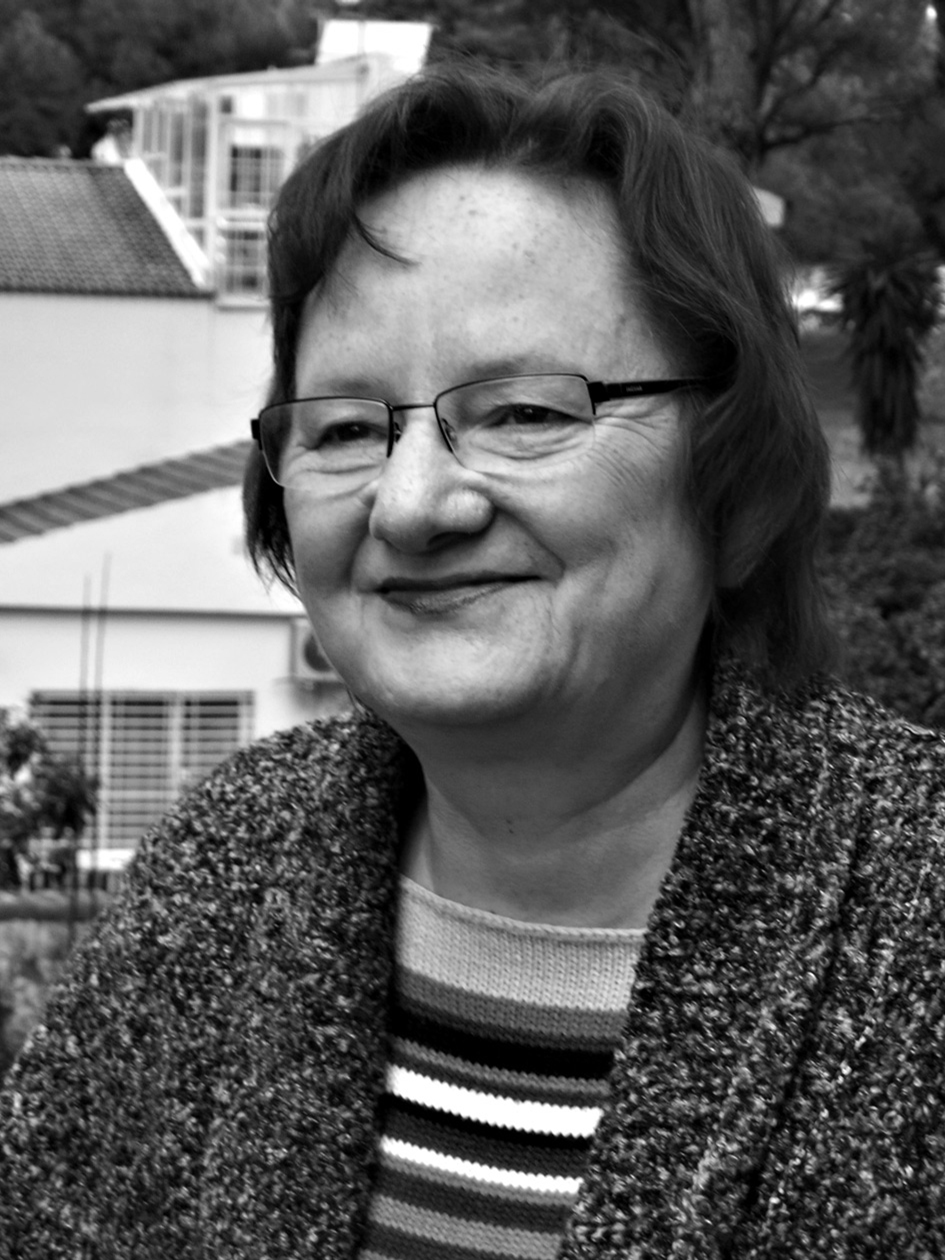
Sonja Brentjes
Sonja Brentjes
_______________
Travellers from Europe in the
Ottoman and Safavid Empires,
16th17th centuries
_______________
Seeking, Transforming, Discarding Knowledge

First published 2010 by Ashgate Publishing
Published 2016 by Routledge
2 Park Square, Milton Park, Abingdon, Oxon OX144RN
52 Vanderbilt Avenue, New York, NY 10017, USA
Routledge is an imprint of the Taylor & Francis Group, an informa business
This edition 2010 by Sonja Brentjes
All rights reserved. No part of this book may be reprinted or reproduced or utilised in any form or by any electronic, mechanical, or other means, now known or hereafter invented, including photocopying and recording, or in any information storage or retrieval system, without permission in writing from the publishers.
Notice:
Product or corporate names may be trademarks or registered trademarks, and are used only for identification and explanation without intent to infringe.
Sonja Brentjes has asserted her moral right under the Copyright, Designs and Patents Act, 1988, to be identified as the author of this work.
ISBN 978-1-4094-0533-7 (hbk)
British Library Cataloguing in Publication Data
Brentjes, Sonja.
Travellers from Europe in the Ottoman and Safavid empires, 16th17th centuries: seeking, transforming, discarding knowledge.
(Variorum collected studies series; CS961)
1. Learning and scholarship Europe History. 2. Islamic learning and scholarship History. 3. Communication in learning and scholarship History. 4. Travelers writings, European History and criticism. 5. Islam and science Historiography. 6. Europeans Middle East History 16th century. 7. Europeans Middle East History 17th century. 8. Della Valle, Pietro, 15861652 Knowledge Middle east. 9. Middle East In literature.
I. Title II. Series
303.4824056dc22
ISBN 9781409405337
Library of Congress Control Number: 2010923984
VARIORUM COLLECTED STUDIES SERIES CS961
CONTENTS
Science in context 12. Cambridge, 1999
Proceedings of the International Congress on Learning and Education in the Ottoman World, Istanbul, 1215 April 1999 (Studies and Sources on the Ottoman History Series 6), ed. A. aksu. Istanbul: Research Centre for Islamic History, Art and Culture, 2001
First publication
Journal for Early Modern History 10. Leiden, 2006, pp. 169219
Sciences, techniques et instruments dans le monde iranien (Xe-XIXe sicle) (Actes du colloque tenu lUniversit de Thran, 79 June 1998), Tehran, 2004
Religious Values and the Rise of Science in Europe, eds J. Brooke and E. hsanolu. Istanbul: Research Centre for Islamic History, Art and Culture, 2005
Preprint 269. Berlin: Max-Planck-Institut fr Wissenschaftsgeschichte, 2004
Astronomy as a Model for the Sciences in Early Modern Times, eds M. Folkerts and A. Khne. Augsburg: Erwin Rauner Verlag, 2006
This volume contains xxx + 320 pages
PUBLISHERS NOTE
The articles in this volume, as in all others in the Variorum Collected Studies Series, have not been given a new, continuous pagination. In order to avoid confusion, and to facilitate their use where these same studies have been referred to elsewhere, the original pagination has been maintained wherever possible. The exception is article IV, which has been reset for the purposes of this volume.
Each article has been given a Roman number in order of appearance, as listed in the Contents. This number is repeated on each page and is quoted in the index entries.
This book and the articles it contains would not have been possible without the support and assistance of numerous friends, colleagues and family members.
My special thanks for long years of friendship, intellectual inspiration and collegial support of the greatest kind go to David A. King, Frankfurt. He assisted me in the last phase of my formal academic education many years ago. He was always there for me even beyond his retirement, whether I needed a microfilm, a letter of recommendation or a beer. Although our views of and approaches to the history of science in Islamic societies do not always agree and sometimes differ substantially, David was willing at all times to give my questions serious consideration, often spiced up by some teasing remark or challenging doubt.
My second thank you goes to Lorraine Daston, Max Planck Institute for the History of Science, Berlin, who agreed to support my research projects during a period of severe difficulties, since after 1990 most of the posts in the humanities and social sciences in the territory of the former German Democratic Republic were destroyed and I lost my job at the University of Leipzig. I am not only profoundly grateful to her for her financial support, but also for the intellectual profit that I gained when listening to a broad variety of other research approaches offered in her Department 2. Without her my methodological experiences and my skills would not be those that they are today. Since I took a major shift in my understanding of history, science and the ethos of an academic during those two years in Berlin, I can say without exaggeration that Lorraine Daston proved to be another colleague of major importance to my academic development.
The third person to whom I wish to express my thanks and gratefulness publicly and with a wide smile on my face is my daughter Rana. Over the years, she became the most important woman in my life. She always wanted to distract me and re-orient my academic interests from philology and mathematics, two domains she found of little interest to herself, to adventure in the form of travel, images, maps and people outside the formal canons and institutions of academia. She agreed to support me in my pains of analyzing and interpreting historical sources, listening time and again to my various ideas about how to understand a particular piece of evidence, only to be exposed the next day to yet another trial. Since her English is much better than mine, she has also acted as my translator, proof-listener and critic. She challenged and teased me, offering postmodernist and modernist attacks from cultural studies and art history alike on my ways of doing things anchored in philology, modernist history of science and Quellenkritik. She took my indignation, rejection and acquiescence with good will pierced by bouts of impatience. Countless evenings, she was rocked to sleep by listening to ever evolving versions of my papers. Any mistakes that remain in my texts and their English are without doubt mine.

